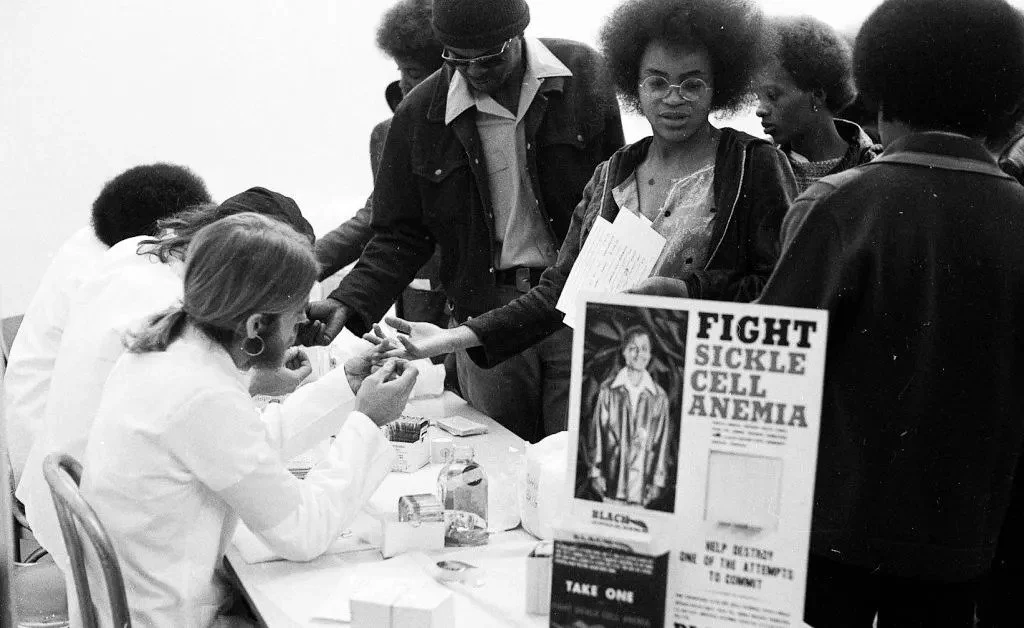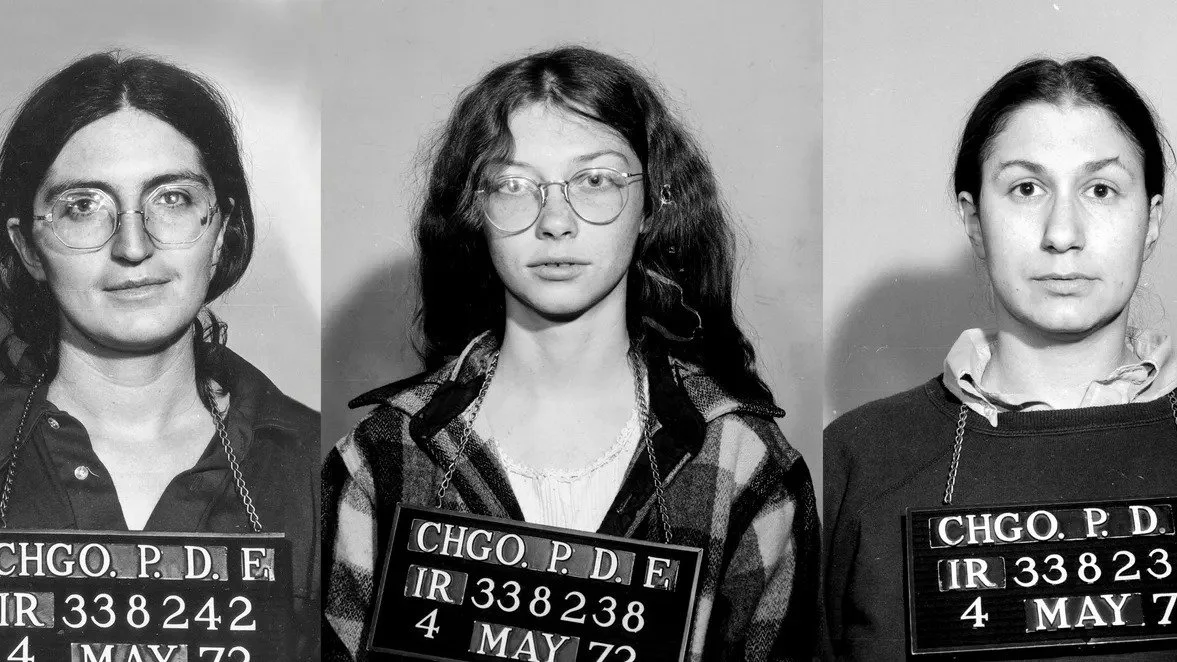San Francisco, California June 12-14, 2026
A convergence for healthcare and beyond❋
We're back! The Health Autonomy Convergence will happen again in another iteration, this time on the West Coast. Mark your calendars for June 12th-14th, 2026 in San Francisco, CA.
We are spending these long winter nights gearing up for an exciting, new and improved convergence. Look out for updates here on our website, or sign up for our newsletter to stay up to date. We can't wait to see you there!



